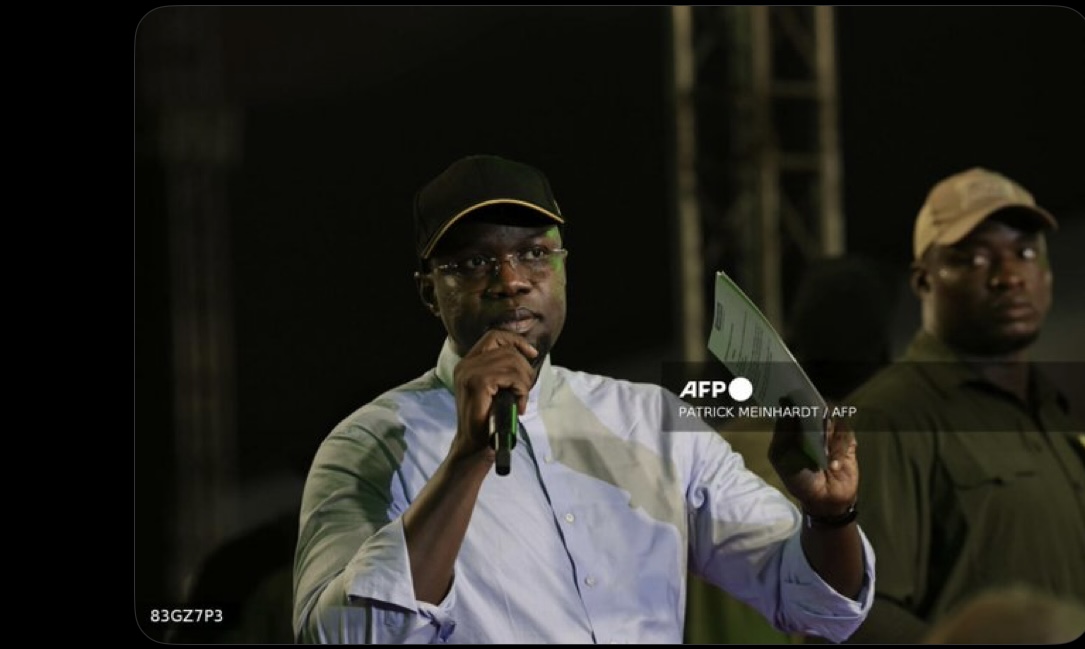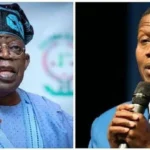Senegal’s Prime Minister Calls for “Two Years of Sacrifice” to Revive Economy

Senegalese Prime Minister Ousmane Sonko has urged citizens to brace for “two to three years of sacrifice” as the government seeks to revive the country’s struggling economy.
The plea comes amid rising public debt, high unemployment, and persistent fiscal deficits that have strained the West African nation’s finances Speaking at a party meeting near Dakar, Sonko said, “I am asking the Senegalese people for a sacrifice during two or three years, and I know you will accept this sacrifice.” The Prime Minister stressed that these tough measures are essential to stabilize the economy and put Senegal back on a sustainable growth path Senegal faces a budget deficit of around 14 percent of GDP and public debt of approximately 132 percent of GDP, according to recent reports. Unemployment affects roughly 20 percent of the population, while 36 percent of citizens live in poverty, creating a challenging environment for implementing austerity measures In August 2025, Sonko’s government unveiled a comprehensive economic recovery plan aimed at reducing the budget deficit to 3 percent of GDP by 2027. The plan emphasizes domestic resource mobilization, with 90 percent of funding expected to come from local sources, avoiding reliance on new external debt. Measures include new taxes on online gaming, tobacco, and digital advertising, alongside cuts in state spending and renegotiation of contracts in key sectors such as oil, mining, and telecommunications Analysts note that the success of the recovery plan depends on public acceptance, efficient implementation, and resilience against external shocks such as global commodity price fluctuations or regional instability The coming years will be challenging, but these sacrifices are necessary to ensure long-term stability and growth,” Sonko added The Senegalese government’s announcement has drawn attention across West Africa, as the country plays a key role in the regional economy. Observers are closely monitoring how citizens and markets respond to the planned reforms, which could shape the economic trajectory of the region in the coming years.









